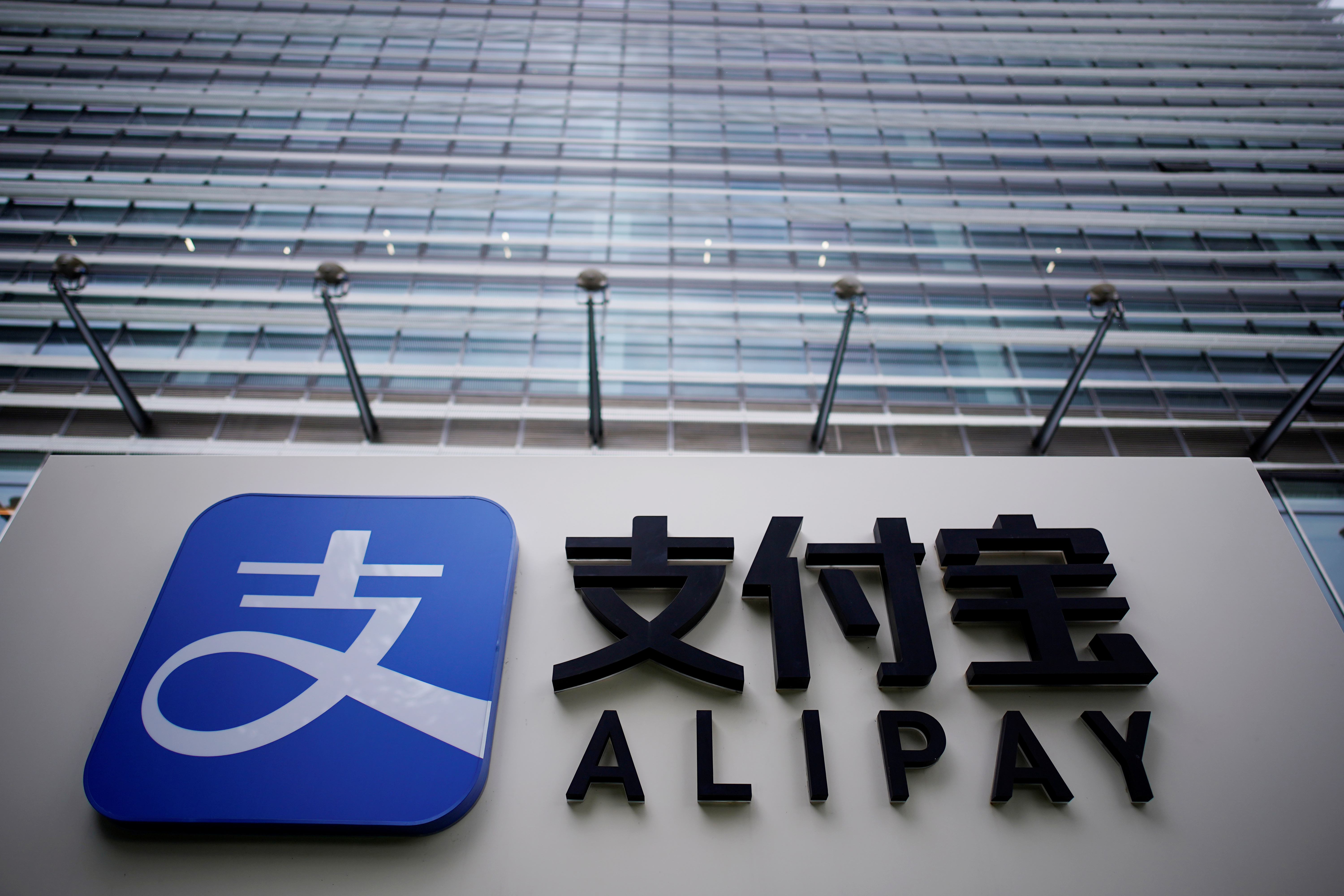(ATF) China has issued a series of new regulations, most of which start in November – in two days time. The most significant is that payment institutions must not collect consumer financial information that is not related to business in hand.
The Implementation Measures for the Protection of the Rights and Interests of Financial Consumers promulgated by the People’s Bank of China (the central bank) will come into effect on Sunday November 1, 2020.
The main purpose of this move is to combat violations of the legal rights and interests of financial consumers, and the urgent need to to eliminate the low cost for groups who do this in the financial sector and reasonably increase the cost for those that commit violations.
The measures clarify that banks and payment institutions must not collect consumer financial information that is not related to their business, and must not collect such details improperly, or in a disguised form.
Banks and payment institutions shall not be able to legally refuse to provide financial products or services on the grounds that consumers do not agree to provide their financial information, unless the processing of their financial details is necessary to provide financial products or services.
Census
Meanwhile, the office leading the State Council’s census work has announced that China’s Seventh National Census will be undertaken from midnight on Saturday -November 1, 2020, with household registration to be done from October 11 to December 10.
Uniformed officials shall enter each household to register the census information in person. During this period, 10% of households will be randomly selected to complete a long-form census to provide more details. The census instructor and the enumerator will carry out their work with uniform, certificates and proper identity documents.
Tax cuts linked to Covid crisis, R&D
Chief among regulations not yet announced is the promise to further trim in taxes or evolve them in some way due to the repercussions of the coronavirus epidemic.
With China nearing the end of its 13th Five-Year Plan (2016-2020), which promised to reduce taxes and fees, the cumulative scale of tax reduction and fee reduction in China was about 7.6 trillion yuan (about US$1.13 trillion). In 2019 alone, new tax and fee reductions totalled 2.36 trillion yuan and accounted for more than 2% of that year’s GDP, driving annual GDP growth by about 0.8 percentage points, the Beijing Daily reported.
Over the past five years, China has deepened reform of its value-added tax, with a deduction of (R&D) research and development expenses, and reform of individual tax. This was seen as a series of tax and fee policies that benefit the real economy. In regard to R&D expenses, about 840,000 companies claimed this deduction, and subsequent cumulative R&D investment was 5.2 trillion yuan, while corporate tax reduction or exemption totalled about 873 billion yuan.
CCTV reported that since the beginning of this year, in response to the epidemic, China has implemented a number of phased and targeted tax and fee reduction policies in a timely manner, which has supported the production of key materials to help prevent and control the epidemic. It also supported industries and enterprises that have been greatly affected by the epidemic, as well as individual industrial and commercial businesses and small and micro enterprises.
So, the scale of tax and fee reduction this year will be the largest in history – more than 2.5 trillion yuan ($372.28 billion.
Other new regulations, such as one that will allow people over 70 years of age to drive, will also come into effect on November 1.
























